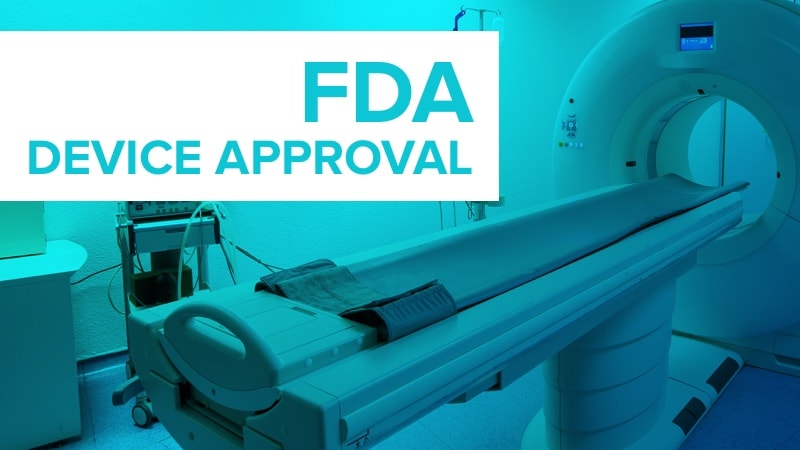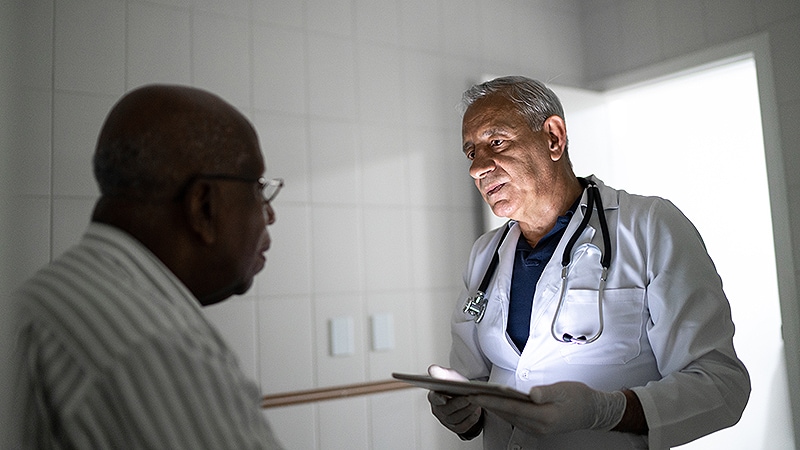The US Food and Drug Administration (FDA) has approved ColoSense (Geneoscopy, Inc), a multitarget stool RNA (mt-sRNA) test for colorectal cancer (CRC) screening in adults aged 45 or older who are at average risk for CRC.
ColoSense, which had breakthrough device designation by the FDA, detects colorectal neoplasia–associated RNA markers and the presence of occult hemoglobin in human stool.
A positive ColoSense test result may indicate the presence of CRC, advanced adenomas, or serrated precancerous lesions and should be followed by a colonoscopy, the company said in a news release.
The FDA approval was based on results of the CRC-PREVENT trial, which evaluated the ColoSense mt-sRNA test in a diverse group of adults undergoing colonoscopy.
The mt-sRNA test results were compared with the colonoscopy results.
Among all average-risk individuals, the sensitivity of the mt-sRNA test was 93% for CRC, 100% for early (stage I) CRC, and 45% for advanced adenomas. In a subgroup of those aged 45-49 years, the sensitivity was 100% for CRC and 44% for advanced adenomas.
The trial results were presented last year at the American College of Gastroenterology annual meeting and simultaneously published in JAMA.
CRC is the second deadliest cancer in the United States, and adherence rates to recommended colonoscopies as a screening modality have remained consistently low at roughly 60%.
Cases of CRC are also rising among people younger than age 50 years, leading the United States Preventive Services Task Force to recommend initiation of CRC screening at age 45 years.
“The growing number of adults diagnosed with colorectal cancer underscores the urgent need for innovative approaches in screening. It’s essential to eliminate obstacles and broaden the availability of screening methods for healthcare providers and patients,” Anjee Davis, president of Fight CRC, said in the news release.
“We hope that introducing new FDA-approved diagnostic tools, including stool-based tests like ColoSense, will help to advance access and increase screening rates, ultimately reducing the impact of late-stage colorectal cancer diagnoses,” Davis said.
The company plans to make ColoSense available in the United States later this year or early in 2025.










